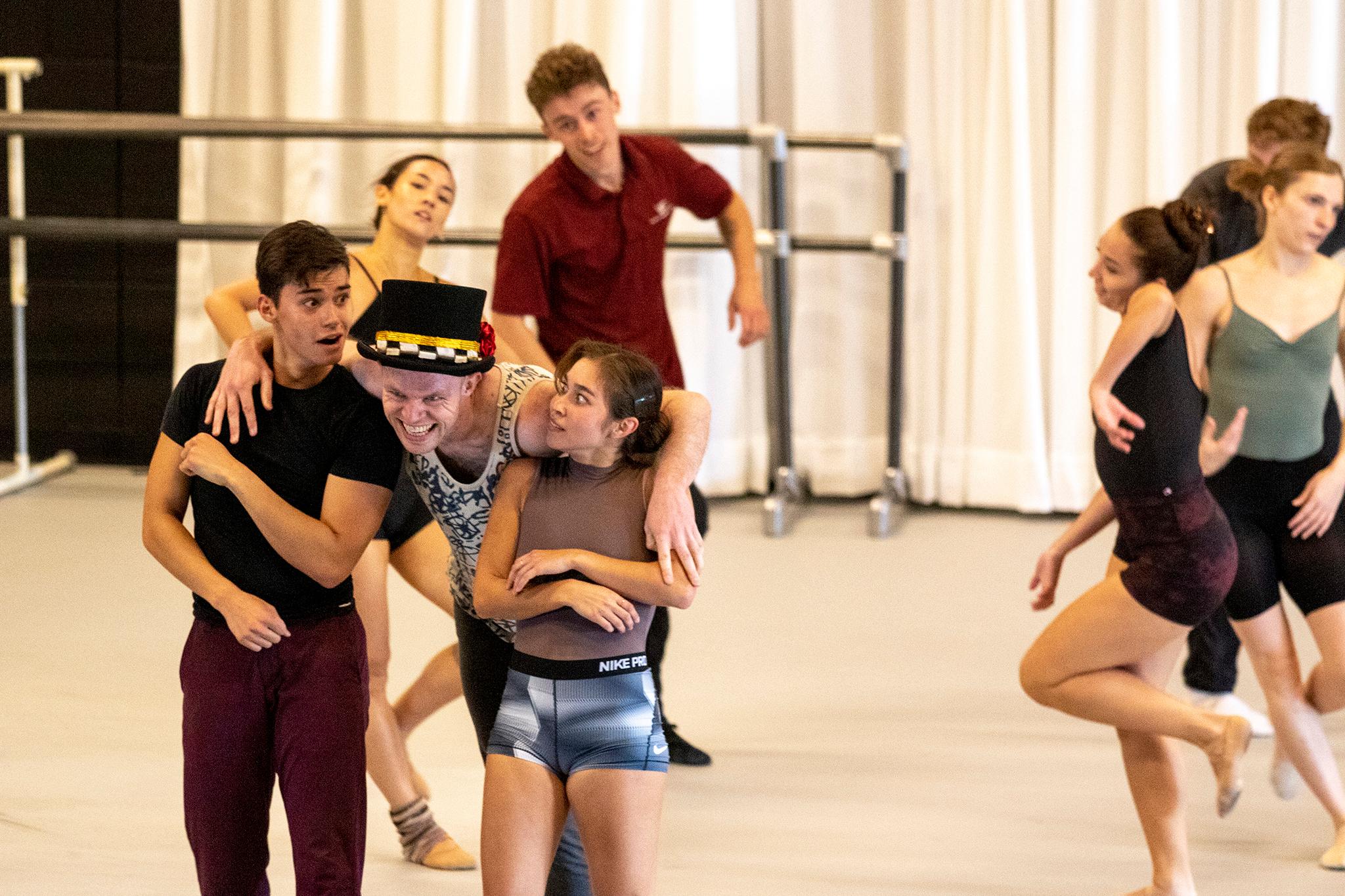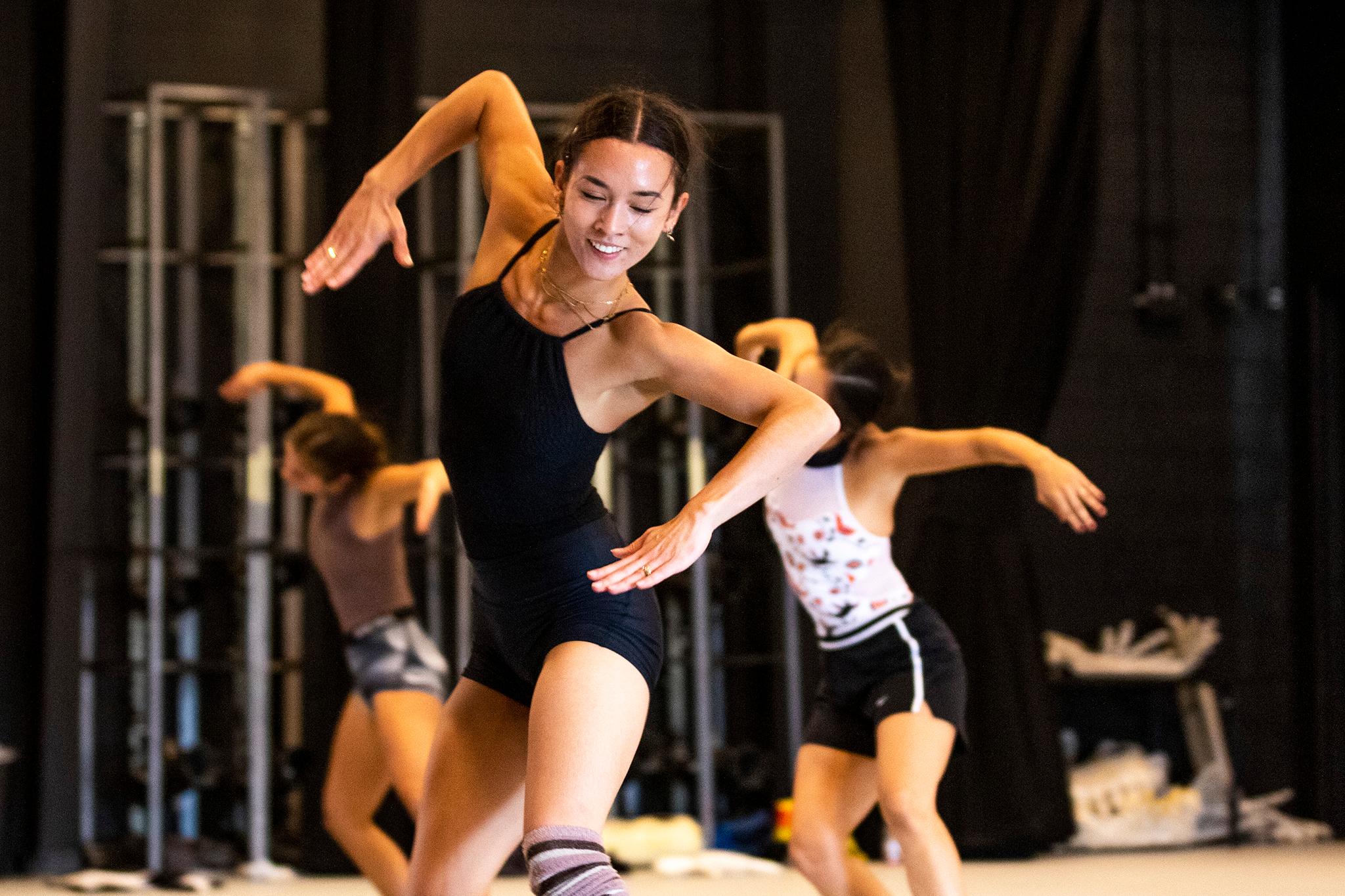Dancers of the Wonderbound dance company caught their breath inside their new studio home in Northeast Park Hill with their hands on their knees, hips or head, wrapping up a run-through of their upcoming October production.
Their huffs and puffs reverberated off the walls of what was once a massive art studio for America's first African-American astronaut candidate, Denver sculptor Ed Dwight.
Artistic director, choreographer and Wonderbound co-founder Garrett Ammon and ballet master and associate choreographer Sarah Tallman watched on as the dancers rested before beginning their routines once more.
The Wonderbound dance community has had to move around for years. But this year, as the non-profit contemporary ballet company turned 10 years old, it found what it hopes will be its permanent home.
"We knew we wanted to do this," said Dawn Fay, President and Co-Founder of Wonderbound. "We didn't know where. We didn't know how. But we knew we wanted to do this."
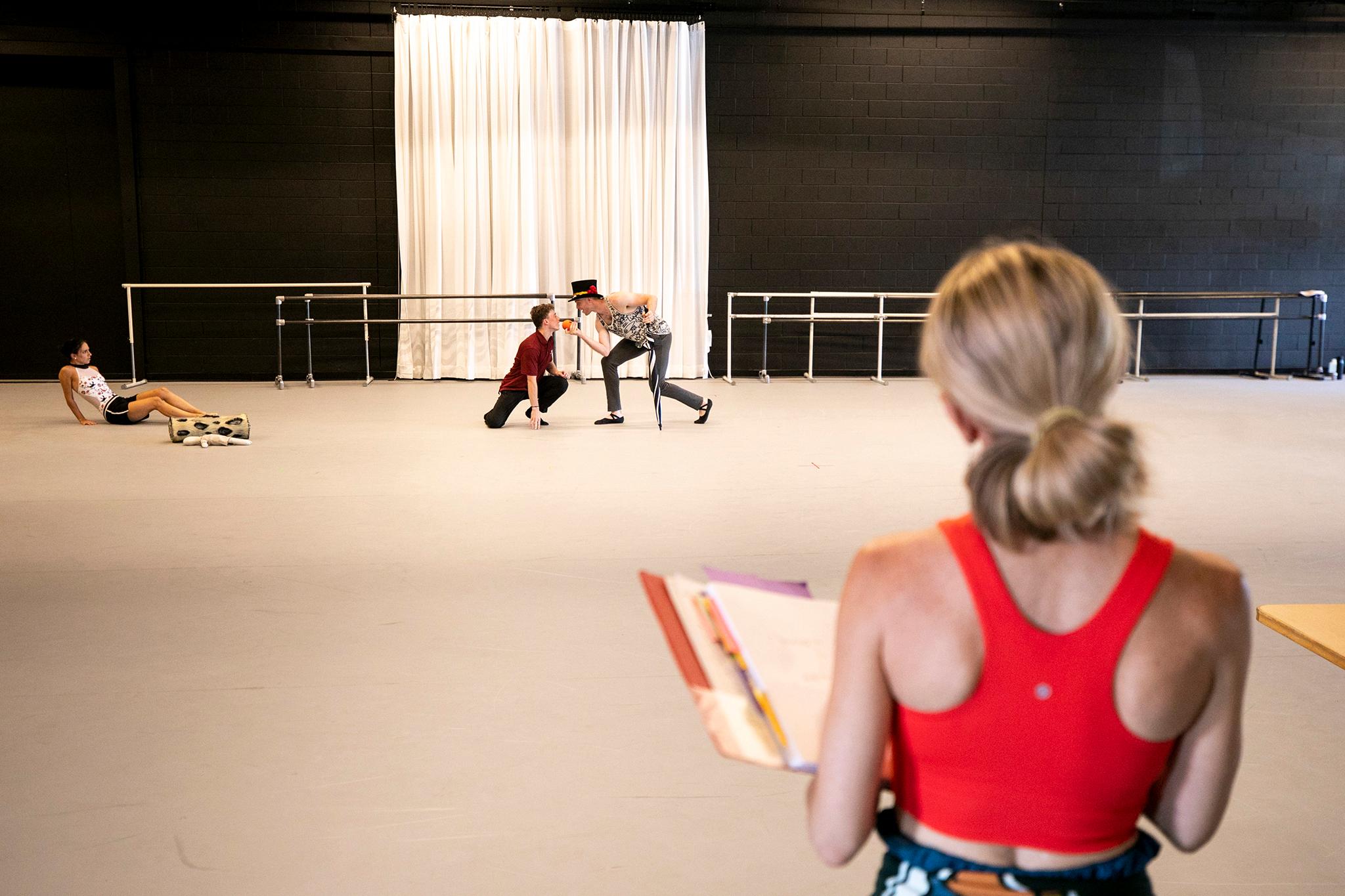
Wonderbound is comprised of 12 dancers from all over the world, and one associate dancer from Boulder.
The dance group is currently preparing for its latest production called Wicked Bayou, a haunting story about young lovers who fight against a hurricane, a zombie puppeteer and a gator who feeds on the hearts of children. The show will run Oct. 19-29 and will be performed at Wonderbound's new studio.
Formerly known as Ballet Nouveau Colorado (BNC), Wonderbound is the second-largest professional dance company in the state. In 2012, dance couple Garret Ammon and Dawn Fay split from BNC in the 2012-2013 season and set up Wonderbound with the help of a three-year $75,000 grant from arts philanthropy group the Bonfils-Stanton Foundation.
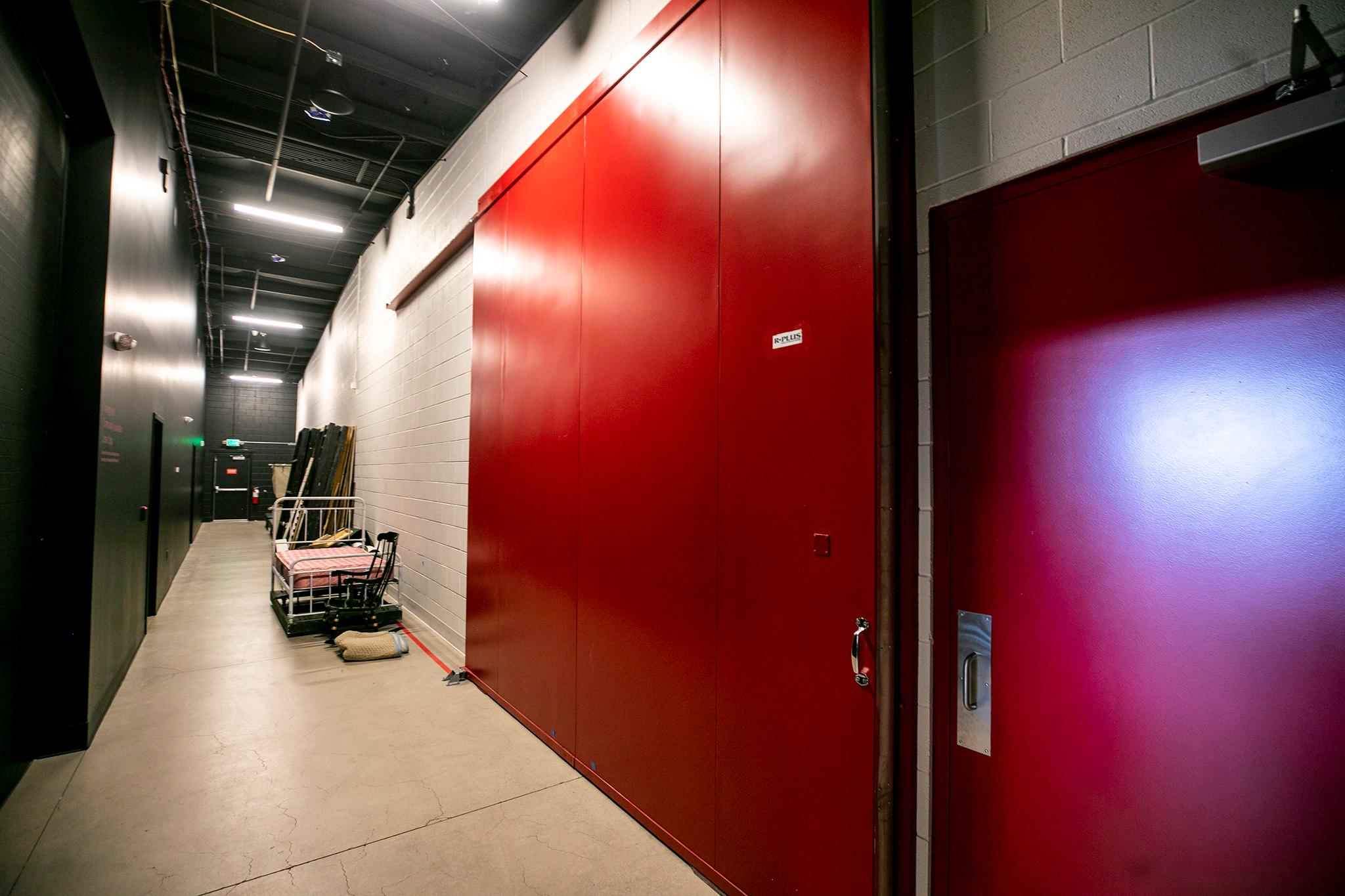
Thanks to a retractable seating system, the new theater holds 260 seats that can be stored in a wall to provide even more space for dancers to rehearse.
Along with a 50-foot wide dance floor inside of what used to be a 1927 airplane hangar, some of its best features are in the back: a Hollywood-esque dressing room equipped with lockers for each dancer, a workshop equipped with a big, red six-inch freezer door that allows the production team to build sets without disrupting dance rehearsals and an in-house laundry room. The new space allows for most of the dance group's needs to be met in-house.
"[Fay] is also a costume designer," said marketing manager Sally Walker. "[Fay] would take the costumes back to her home and then dye them. Our costumer had to bring home all the costumes after each and every show."
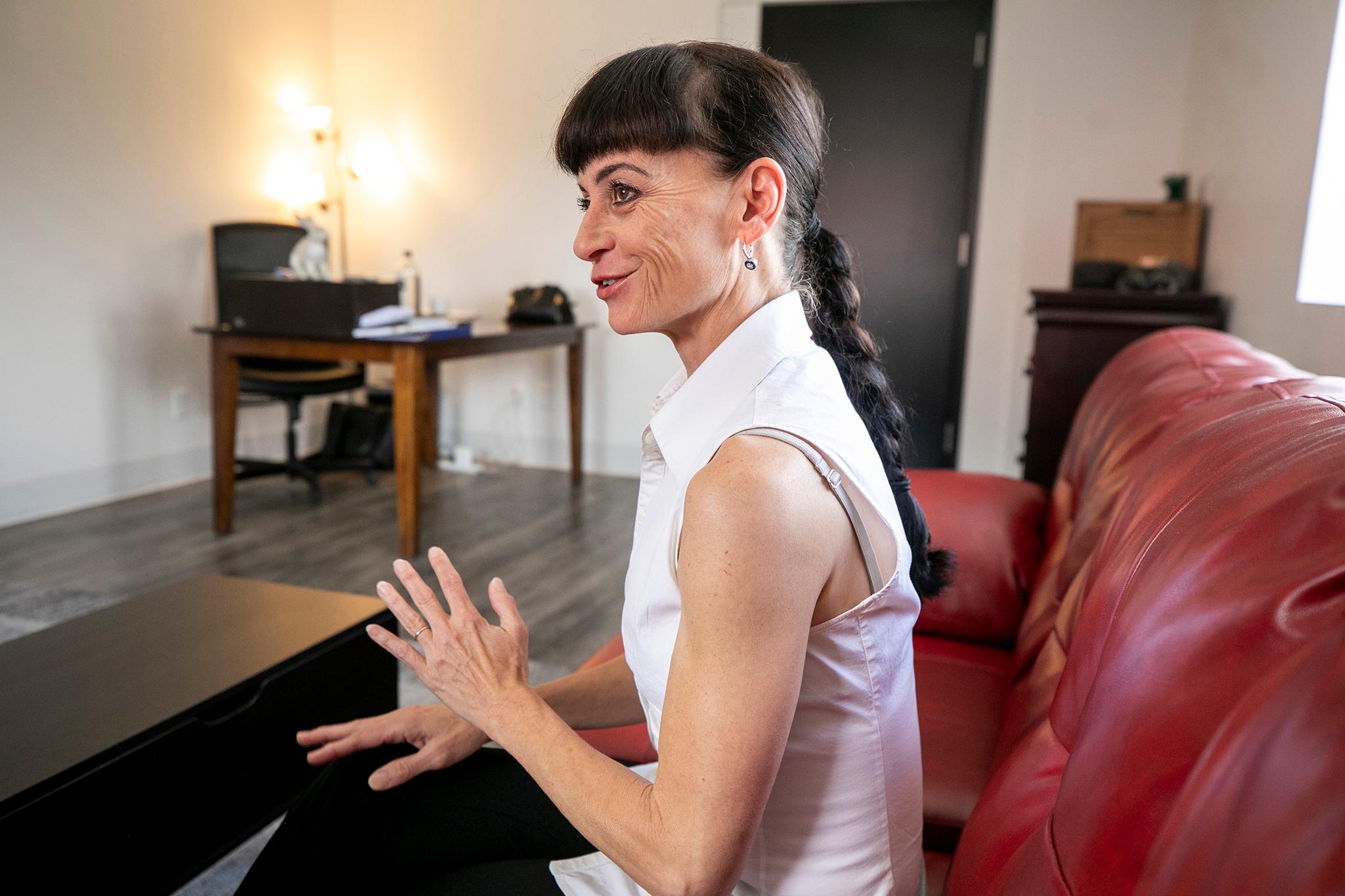
Wonderbound was one of five dance companies nationwide that kept dancing during the pandemic.
The group didn't lay off any of their dancers during the height of the pandemic and instead recorded dance films and tutorials that were shared with the community. Eventually, they hosted socially distanced 25-audience member shows.
"In hindsight, it almost doesn't feel real," Fay said. "The biggest thing about Wonderbound is its grit, determination and resilience. It was quite the adventure."
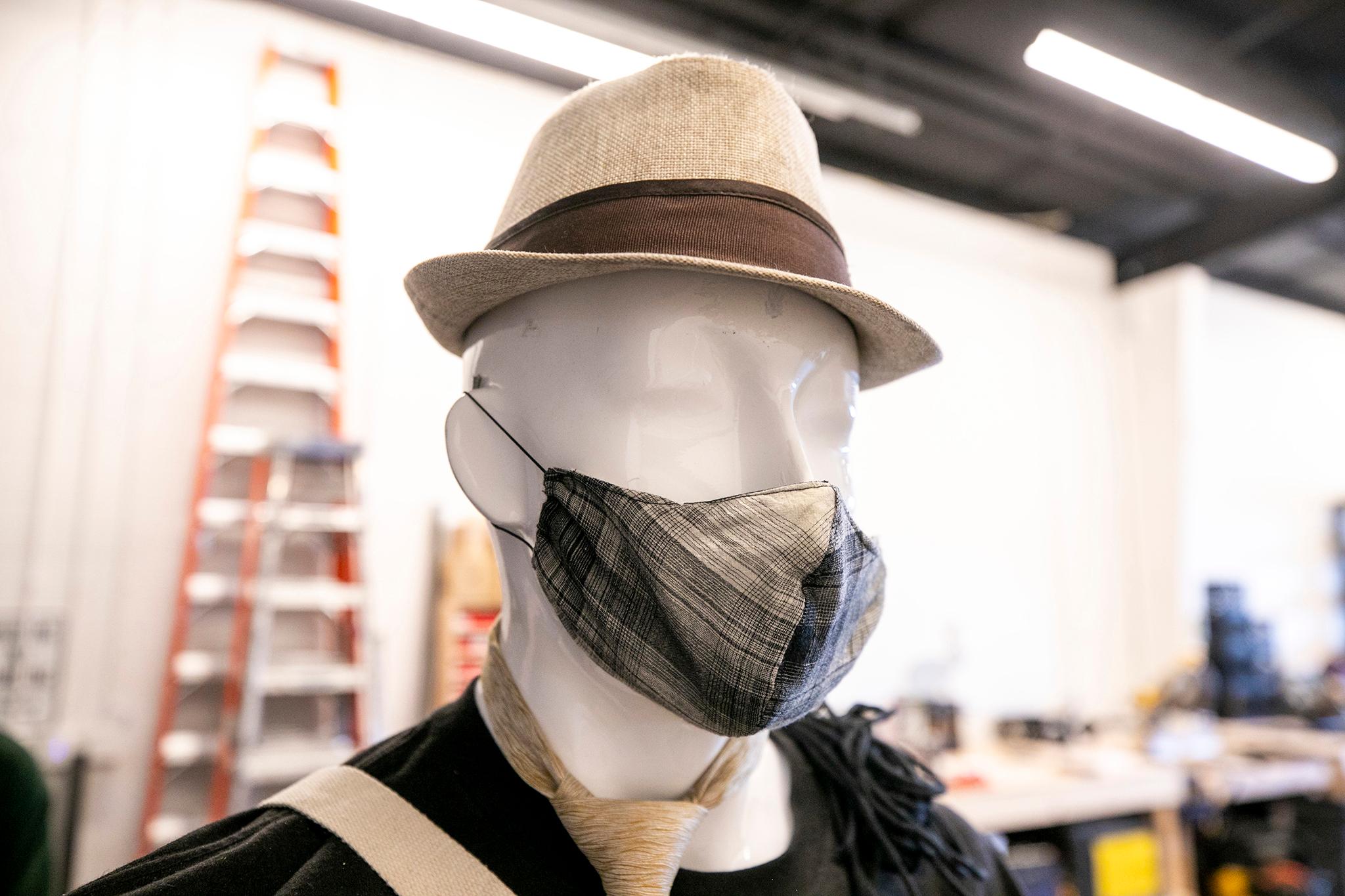
Rising rent costs and the pandemic forced Fay and Wonderbound to move all around the city over the years. In March 2013, the dance company moved into a 1920s U.S. Post Office garage near Coors Field until the building was sold in 2018.
"It was at a much higher price than we could afford, as was everything in Denver at that moment," Fay explained.
Once the building sold, Wonderbound moved to an AT&T call center in East Denver. They hoped they could invest in that space and make it a permanent home, but after the building was vandalized and costly damage was done to the building's electrical rooms, they had to keep looking.

The airplane hangar-turned-studio was the fifth space they considered. They moved into the new 16,000 square-foot space in November 2020 on a temporary lease.
"I said to our board chair, we have to buy this," Fay said. "It was very quick, very instinctual, kind of like how we functioned all during Covid. Everything was instinct because there was no road map."
Wonderbound eventually purchased the property in February 2021 after a capital campaign that raised $6.6 million of its $8.1 million goal. For Fay and Garrett, the dream of a permanent home had eluded them for so many years so purchasing this property for their dance community was a victory they had been waiting for.
"As the leader of the organization, our community I think would have found it irresponsible to have us say to them one more time, "Well guys, sorry, we're homeless again,"" Fay said. "When you make those committed long-term decisions it proves that you're committed to your community. This space has the bones to be something extraordinary."
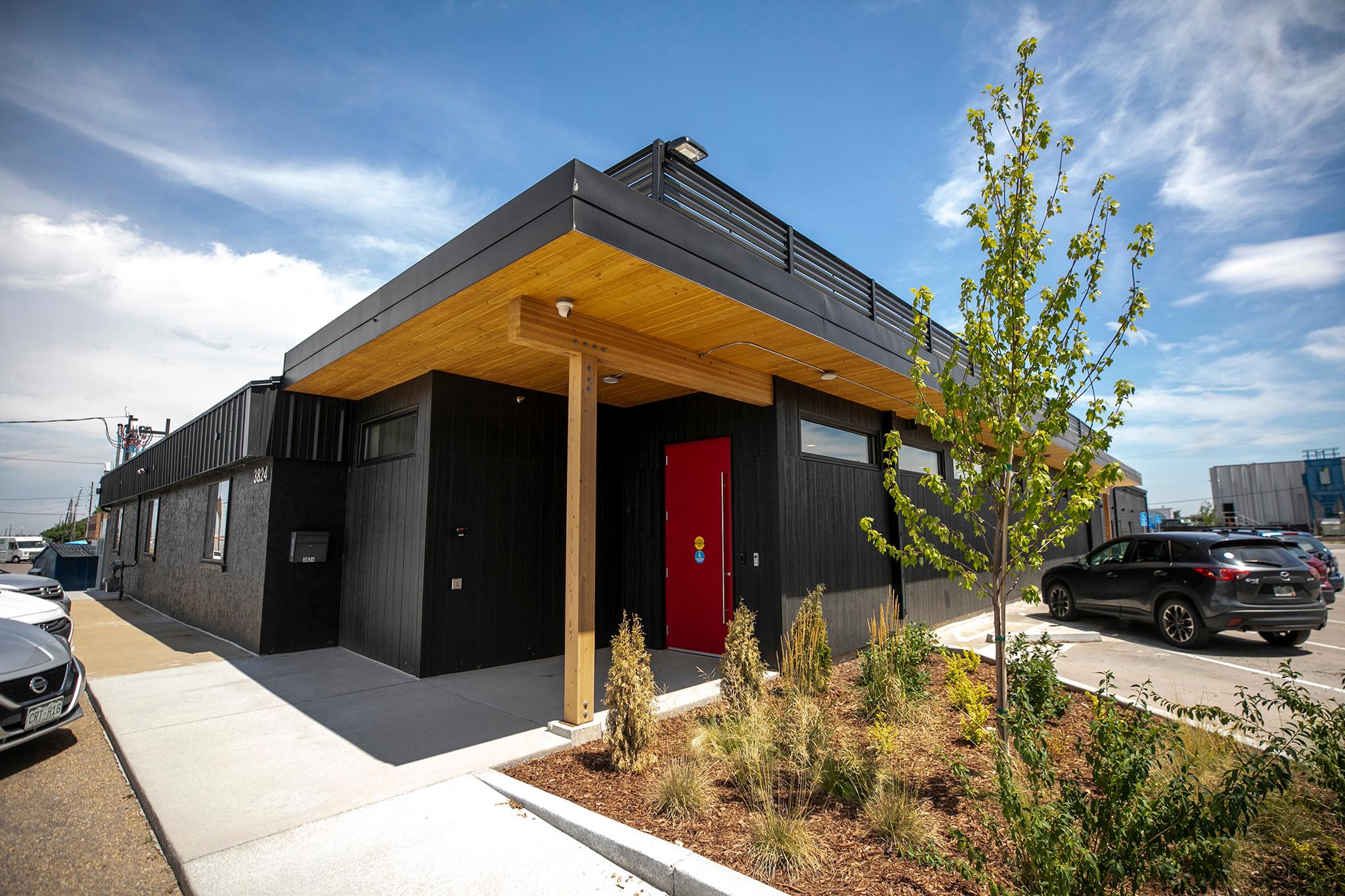
Wonderbound's move into Northeast Park Hill is another sign of change to the area, but the group is working to make space for the surrounding, largely Black community.
That change has manifested in the recent groundbreaking of an affordable housing project meant to keep low- and middle-income residents in the community. Some community organizers worry that development in the neighborhood will push out longtime Black residents. There was also a lot of tension around the failed redevelopment of the Park Hill Golf Course, which sits just across the street from Wonderbound's new home.
Shane Sutherland, board chair of Greater Park Hill Community Inc., says meaningful community outreach from organizations moving into the neighborhood like Wonderbound can look like reaching out to registered neighborhood organizations to hear what the neighborhood wants.
"I'm more familiar with people doing it wrong who just come in and try to do it their way without asking what the neighborhood wants," Sutherland said.
For Rakeim Flowers, a Northeast Park Hill resident and a father of two daughters, it means a lot to see arts organizations like Wonderbound move into the neighborhood.
"More activities for the community to engage in so I think it's a good thing," Flowers said. "As long as they're inclusive and fair, it should go well."
Wonderbound offers open rehearsals for photographers, painters, poets and any community member interested in watching every step of their creative process.
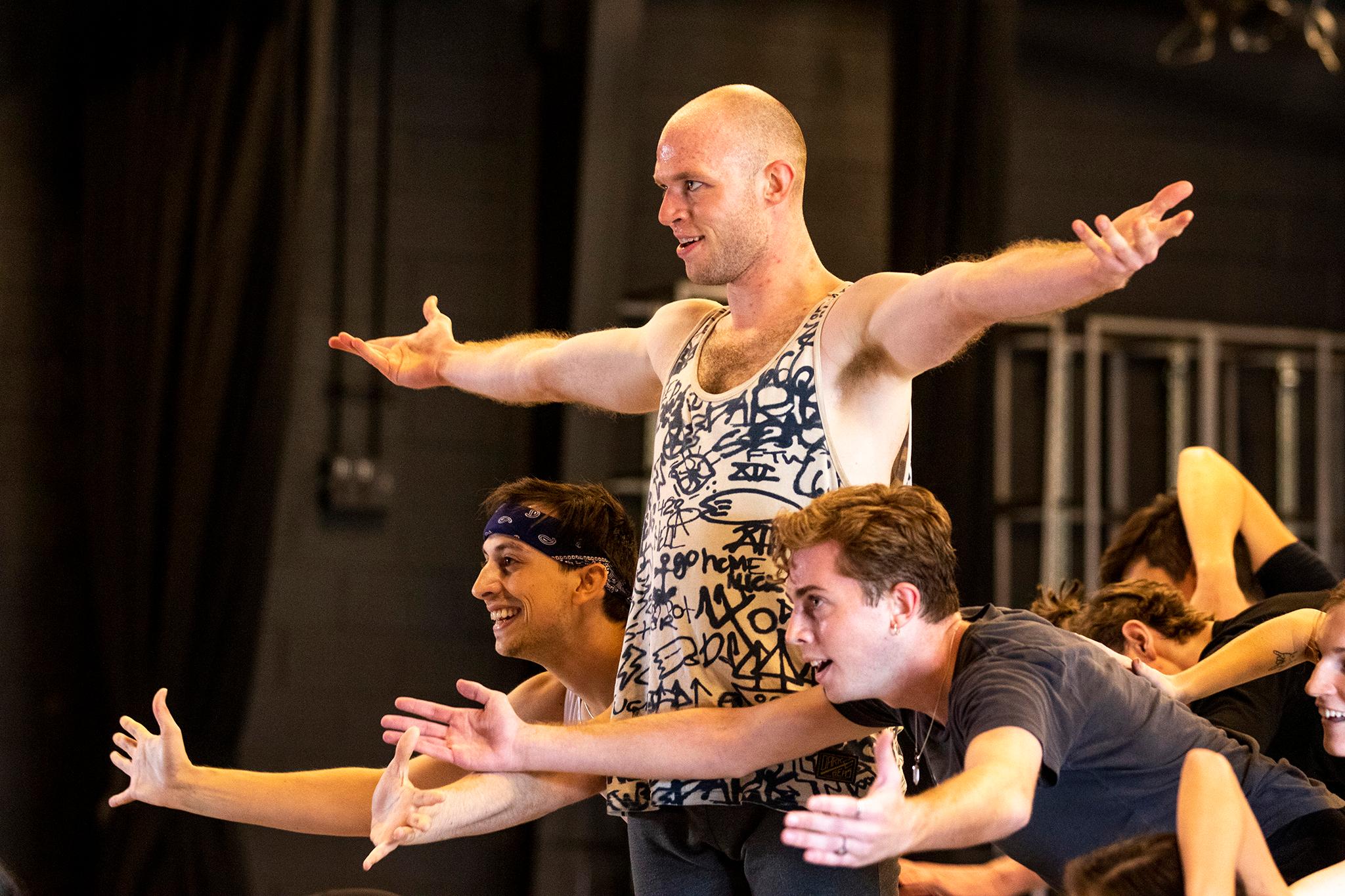
Wonderbound is trying to make its name known across Denver, not only as a premier dance destination but also as a local force for change.
Wonderbound launched a partnership with Wellpower's Dahlia Campus, an organization that offers mental health and therapy services. Dubbed WonderWell, the two organizations plan to offer interactive dance and art programming led by a registered dance movement therapist.
"You get to see that work, that tenacity and the vulnerability of not being perfect in front of people," Fay said. "The beauty in that is the proximity. We as an arts organization have an opportunity to provide for this community in a way, not just by existing here, but by opening our doors and allowing people from the community to come in and watch rehearsals."
The program will include rehearsal visits, Q&A sessions with Wonderbound's dancers and complimentary tickets to productions.
"For me it's about continuing to get to know the community and then really finding a way to make them aware that we're here. And that we belong to them. I want the entire city of Denver to know Wonderbound exists."
Click here for tickets to their upcoming Wicked Bayou production, opening October 19.
